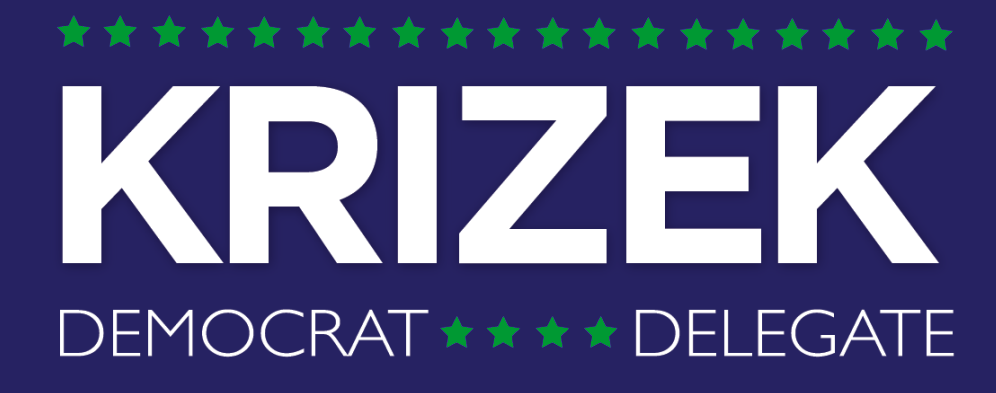Health care is a right for every child
February 2nd, 2021 - By Megan Prior, M.D., and Arshia Qaadir, M.D.
At a pediatric clinic in Northern Virginia, two sisters were having a hard time sitting still as they waited to be seen for the first time. The youngest proudly exclaimed that she was three. Their parents introduced themselves and proceeded to recount the girls’ complicated medical histories. Both suffer from epilepsy, and without their medications, have uncontrolled seizures.
The girls’ parents explained the numerous hardships that their young children have already faced — seizures, hospitalizations and painful procedures. But they now face an additional challenge that most do not. In Virginia, neither child has access to public health insurance due to their undocumented immigration status.
As a result, their ability to receive life-saving medications is fraught with obstacles. The medications the girls require cost thousands of dollars a month. Obtaining them with insurance is already challenging and nearly impossible without it. For a time, family friends sent medicines from abroad, but delays in these shipments brought the family to seek help now. They needed a neurologist in Virginia and a stable source of medication.
As pediatricians, we recognize that any other documented child in this same situation would not only have medications but would also have an EEG or an MRI or genetic testing. Yet the reality is that these girls will not. As young doctors who are optimistic, energetic and not burnt out; we can make a lot of phone calls coordinating care for patients and can get a lot done. But we cannot come up with a lasting and permanent solution to help these kids.
Unfortunately, the challenge that these sisters face is not unusual. While some other states ensure that all children, regardless of immigration status, have access to health coverage, Virginia is not among them. Here, an estimated 13,000 immigrant children lack any form of health insurance. This number is likely increasing. In 2019 alone, more than 4,000 unaccompanied migrant children fleeing unsafe conditions across the border settled with sponsors in Virginia. Many are from El Salvador, where teenagers are 10 times more likely to die by homicide than in the United States. Despite ongoing medical needs and enduring psychological trauma, these vulnerable children lack adequate access to health care.
The first step to finding any solution is to understand the existing problem. As members of the Virginia Chapter of the American Academy of Pediatrics, we support a proposal for the current 2021 General Assembly to begin this important work. Sen. Jennifer McClellan, D-Richmond, and Del. Paul Krizek, D-Fairfax, have introduced budget amendments that request the Department of Medical Assistance Services convene a workgroup to explore the current disparity in health care access for children in Virginia. This would include researching the medical and financial implications of expanding coverage for undocumented children. This is a measure that would have no immediate fiscal impact and would begin the necessary conversation around improving access to healthcare for all children.
As Dr. Martin Luther King Jr. famously said, “Of all the forms of inequality, injustice in healthcare is the most shocking and inhumane.” Immigrant children arrive in our commonwealth for a variety of complex reasons, many times fleeing unsafe conditions with or without a parent, seeking a place of safety. As pediatricians, we believe that every child has a right to healthcare, and that every child has a right to grow and thrive to their fullest potential, in all circumstances and without any conditions. We ask that the Virginia General Assembly begin this critical discussion on how we can work together toward achieving this more equitable goal.
Dr. Arshia Qaadir is a pediatrician in northern Virginia and a board member of the Virginia Chapter of the American Academy of Pediatrics. Dr. Megan Prior is a pediatrician at Neighborhood Health, a federally qualified health center in Alexandria.
